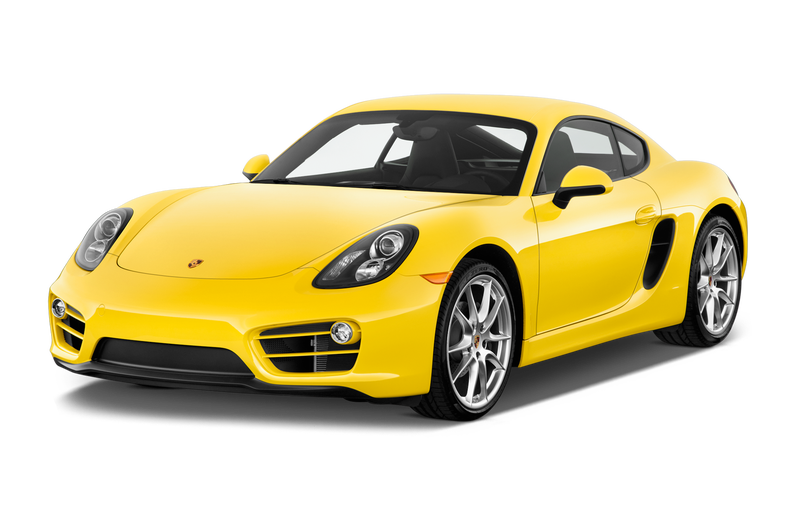
From its origins as a humble design studio to its status as a global automotive icon, Porsche’s story is one of relentless innovation, racing triumphs, and timeless design. Here’s a deep dive into the brand’s journey:
Foundations: Ferdinand Porsche and Early Innovations
Founded in 1931 by Ferdinand Porsche, the company began as Dr. Ing. h.c. F. Porsche GmbH, a Stuttgart-based engineering firm specializing in automotive design211. Ferdinand, a visionary engineer, had already made history with groundbreaking projects like the Lohner-Porsche Mixte Hybrid (1901), the world’s first functional hybrid vehicle11, and the Volkswagen Beetle, commissioned by the German government in the 1930s2. His wartime work on tanks like the Tiger I and Elefant further showcased his engineering prowess, albeit under controversial circumstances11.
After WWII, Ferdinand’s son Ferry Porsche spearheaded the creation of the first Porsche-branded car: the 356 (1948). Built in a converted Austrian sawmill, this lightweight, rear-engine coupe combined agility with reliability, laying the foundation for Porsche’s identity110.
The 911: An Icon Born
In 1963, Porsche unveiled the 911, a car that would redefine sports cars forever. Designed by Ferry’s son Ferdinand "Butzi" Porsche, the 911 debuted with a 2.0L flat-six engine and a silhouette that remains iconic110. Key milestones:
1966: Introduction of the Targa with a removable roof panel, sidestepping U.S. convertible bans2.
1974: Launch of the 911 Turbo, the first production car with a turbocharged engine1.
1998: Transition to liquid cooling, preserving performance while meeting modern standards1.
Over 1.2 million units have been sold, with the 911 accounting for nearly 80% of Porsche’s total production today112.
Racing Pedigree: From Le Mans to Formula 1
Porsche’s racing DNA is unmatched:
Le Mans Dominance: The 917 (1970–71) secured back-to-back victories, while the 919 Hybrid won three times (2015–17)12.
Can-Am Series: The M8F dominated with 43 wins and five titles (1967–71)1.
Formula 1: Though brief, Porsche-powered teams clinched the 1984 Constructors’ Championship12.
Porsche’s 24,000+ race wins cement its status as the most successful manufacturer in motorsport history1.
Expanding Horizons: SUVs and Electrification
Porsche diversified its lineup to meet modern demands:
Cayenne (2002): The SUV that saved Porsche financially, blending off-road capability with sports-car agility1012.
Taycan (2019): A fully electric sedan with 800-volt architecture, achieving 0–60 mph in 2.6 seconds12.
Future Vision: The Lanzador concept previews an electric GT, while synthetic fuel research aims to preserve combustion engines12.
Ownership and Global Influence
Volkswagen Group: Since 2012, Volkswagen has owned 75% of Porsche AG, while the Porsche-Piëch family retains control via Porsche SE8.
IPO (2022): Porsche AG’s public listing became Europe’s largest IPO, valuing the company at €75 billion8.
Cultural Impact: From the Carrera GT in Top Gun: Maverick to the Taycan in Fortnite, Porsche permeates pop culture12.
Innovations That Shaped Automotive History
Carbon Fiber: The MP4/1 (1981) introduced carbon monocoques to Formula 1, revolutionizing safety1.
Hybrid Tech: The 919 Hybrid and Carrera GT pioneered energy recovery systems later adapted for road cars12.
Sustainability: By 2030, 80% of Porsche sales will be electric, with net-zero carbon goals12.
Epilogue: The Porsche Spirit
As Ferry Porsche once said, “The perfect sports car does not exist. But we will never stop trying to build it.” From the air-cooled 356 to the electric Taycan, Porsche’s blend of tradition and innovation ensures its legacy endures. Whether roaring through the Nürburgring or gliding silently in a Taycan, Porsche remains a symbol of engineering passion—a trident aimed at the future. 🏁
Comments